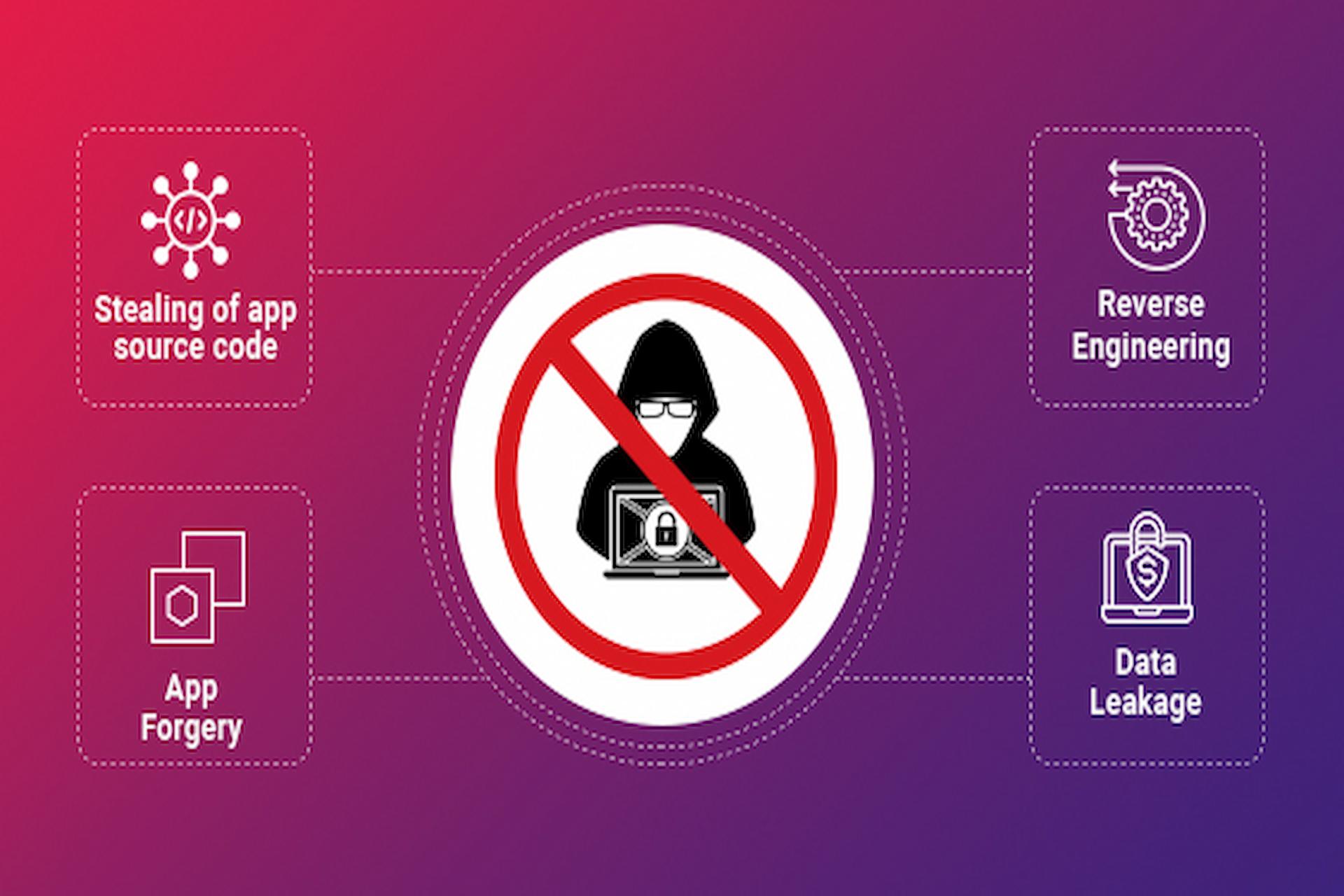
As technology has advanced, so has the ease of pirating content such as movies, music, and software. The act of piracy, which is the unauthorized use or reproduction of someone else’s intellectual property, has caused significant financial losses to the entertainment industry. Digital Rights Management (DRM) is a way to protect digital content from being pirated. DRM technologies control the access to and use of digital media and devices, and it helps to prevent unauthorized duplication and distribution of copyrighted content. In this article, we will discuss the importance of DRM and anti-piracy and how to educate consumers on these issues.
What Is DRM?
DRM is a way of protecting digital content from unauthorized use and reproduction. DRM technology allows copyright holders to control who can access, copy, or share their content. DRM has been widely used by the entertainment industry to protect digital media such as music, movies, and games. By using DRM, copyright holders can prevent unauthorized distribution and reproduction of their content.
The Importance Of DRM
DRM is important because it helps to protect the rights of copyright holders. Without DRM, copyrighted digital content would be vulnerable to piracy, which can result in significant financial losses for the copyright holder. DRM also helps to ensure that users have a legal and licensed copy of the content they are using. This means that the user can enjoy the content without any legal repercussions.
Anti-Piracy Measures
Anti-piracy measures refer to the various methods that are used to prevent the unauthorized reproduction and distribution of copyrighted content. These measures include DRM, digital watermarks, and copy protection technologies. Anti-piracy measures can also involve legal action against those who engage in piracy.
Educating Consumers
It is important to educate consumers about DRM and anti-piracy measures. Consumers often engage in piracy without realizing the negative impact it can have on the entertainment industry. By educating consumers on the importance of DRM and anti-piracy measures, they can understand how piracy can hurt the creators of the content they enjoy.
One way to educate consumers is through public service announcements and other awareness campaigns. These campaigns can inform consumers about the negative impact of piracy and encourage them to choose legal options for accessing digital content. Another way to educate consumers is through the use of labels on legal digital content, informing users that the content they are accessing is licensed and legal.
Conclusion
DRM and anti-piracy measures are important for protecting the rights of copyright holders and ensuring that users have access to legal and licensed digital content. Educating consumers about these issues is crucial in preventing piracy and promoting legal options for accessing digital content. By working together, the entertainment industry and consumers can help to protect intellectual property rights and promote a fair and sustainable digital economy.





